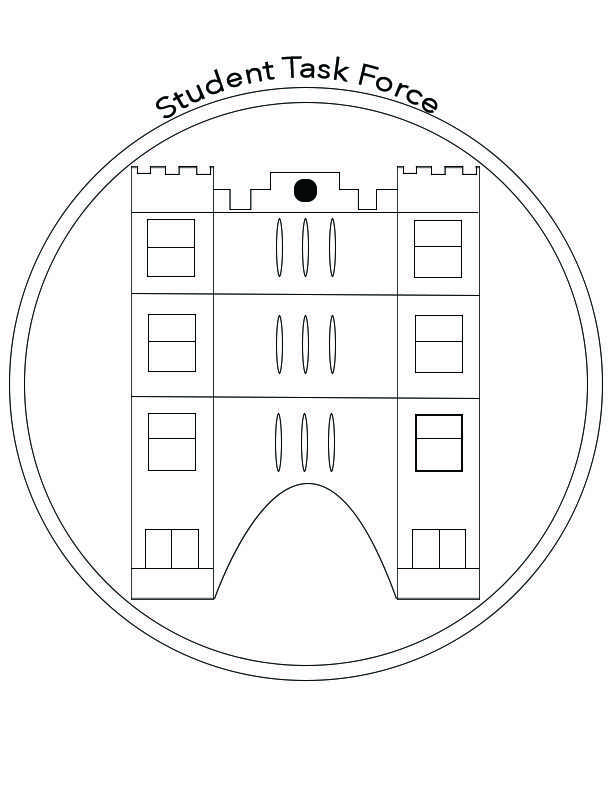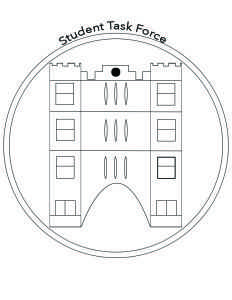Jon Sundby, News Editor
sundbyjo17@grinnell.edu
Last week, President Raynard Kington’s office sent out a charge to the Division of Student Affairs to create a task force to address issues and explore possibilities related to residential learning. The document expressed concern over the apparent disconnect between a student’s residential life and academic experiences. To counter this, the president’s office requested that the Task Force to look towards Grinnell’s peer institutions to generate ideas on how to bridge this gap.
The task force will be co-chaired by Andrea Conner, Associate Vice President of Student Affairs, and Paul Hutchison, Education. Comprised of a medley of students, faculty and staff from Student Affairs, the group was kept purposely small, at only 16 members, so that the group can work efficiently on their assigned tasks. Even though the group is closed, Conner assured students that they would have a lot of input towards the issues that the Task Force addresses.
“Task forces tend to be lean in order to get a lot of work done, but we will be investing a lot of effort into connecting with many other constituents,” wrote Conner in an email to The S&B. “I’d like to take this opportunity to reassure the student body that our work will involve a lot of listening to all perspectives. And any changes that come out of the Task Force will be thoughtful and carefully weighed.”
In his charge to the Task Force, Kington’s office talked about the new pressures that had been put on the College due to the changing nature of national policy and the student body itself.
“Nationally, the landscape of higher education is changing. Regulatory mandates, law and policy updates and accreditation requirements necessarily draw our attention to the institutional responsibility to keep students safe … Parental expectations for accountability in this area have grown and are amplified at a small, private, residential campus where we promise a close-knit community with a variety of attentive support resources,” wrote Kington’s office in the charge.
Mentioned prominently in the document was how the use of alcohol and marijuana in the residence halls impeded the ability of students to foster healthy academic habits. In the charge, the president’s office cites data from the American College Health Association’s Spring 2015 survey, which showed that almost half of Grinnell students said that other students’ use of alcohol had interfered with their ability to study and 60 percent with their ability to sleep. About 50 percent of the students also stated that they wished drug and alcohol use on campus was less prevalent.
In the charge, the president’s office prided itself on the fact that often action towards offenders of campus rules are “educational and developmental in nature.” In the same spirit, the office lays out a goal to fight excessive use of marijuana and alcohol through educational programs that highlight the links between drug use, sexual misconduct and mental health.
Looking towards the recent initiatives of other liberal arts colleges, the president’s office is also interested in possibly implementing structured living arrangements that would enhance student’s learning in the classroom. They recommend that the Task Force look at “residential curricula, faculty programming, integrated learning communities or even class-year residential arrangements that might meet our goals.”
“Recently, in student staff they have integrated different focus areas, so what I maybe see happening is that there will be even greater integration of those focus areas throughout the residence halls, more learning happening within those residence halls,” said Ashleigh Bull ’17, a student member of the Task Force. “My guess is that it will be a combination of what they’re doing with [Student Advisors] already, trying to get that even more integrated into the campus community.”
The Task Force will meet for two years. The first year will consist of compiling ideas and suggestions on how to meet the objectives of the charge, while during their second year they will try to organize priorities and discuss the financial implications of the changes. Through whatever reforms are made, Student Affairs and the president’s office hope to create a college experience where learning isn’t confined to the classroom.






























































